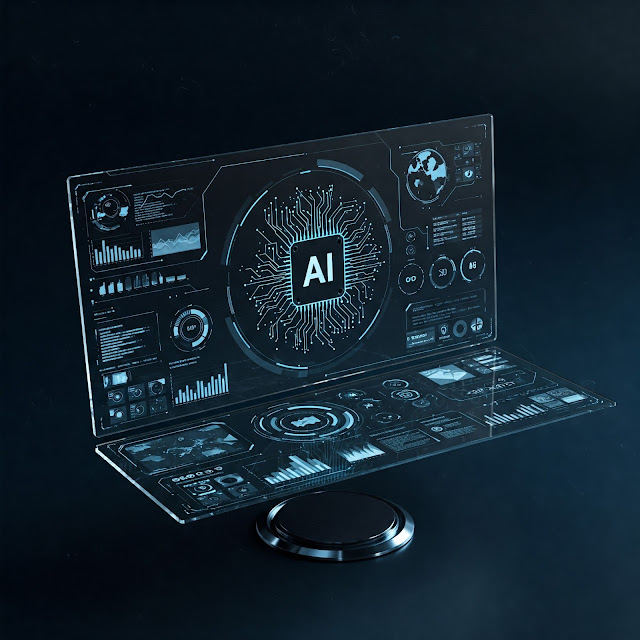The Pervasive Influence of Artificial Intelligence in Modern Technology
Artificial intelligence (AI) has rapidly transitioned from the realm of science fiction to become an indispensable component of modern technology, permeating nearly every facet of our digital and physical lives. Its ability to simulate human cognitive functions, such as learning, problem-solving, and decision-making, has unlocked unprecedented opportunities and driven transformative changes across industries.
One of the most significant impacts of AI lies in its ability to analyze vast datasets with remarkable speed and accuracy. This capability fuels advancements in various fields, from personalized medicine, where AI algorithms can identify patterns in patient data to suggest tailored treatments, to financial modeling, where AI can detect anomalies and predict market trends. The power of AI to extract meaningful insights from complex information empowers businesses and researchers to make more informed decisions and drive innovation.
Furthermore, AI is revolutionizing automation across industries. In manufacturing, AI-powered robots are enhancing efficiency and precision on assembly lines. In customer service, AI-driven chatbots provide instant support and handle routine inquiries, freeing up human agents for more complex tasks. This wave of intelligent automation is boosting productivity and reshaping the future of work.
The integration of AI into everyday technologies is also becoming increasingly seamless. Virtual assistants like Siri and Alexa utilize natural language processing, a branch of AI, to understand and respond to voice commands. Recommendation systems on streaming platforms and e-commerce websites leverage AI to suggest content and products tailored to individual preferences. Even features like facial recognition on smartphones and spam filters in email inboxes rely on sophisticated AI algorithms.
Moreover, AI is a critical enabler for emerging technologies such as autonomous vehicles, which depend on AI for perception, navigation, and decision-making in real-time. The development of smart cities also heavily relies on AI to optimize traffic flow, manage energy consumption, and enhance public safety.
However, the proliferation of AI in technology also brings forth important considerations. Ethical concerns surrounding data privacy, algorithmic bias, and the potential for job displacement need careful attention and proactive solutions. Ensuring fairness, transparency, and accountability in AI systems is crucial for fostering public trust and maximizing the benefits of this powerful technology.
In conclusion, artificial intelligence is no longer a futuristic concept but a tangible force reshaping the technological landscape. Its ability to process information, automate tasks, and personalize experiences is driving innovation across industries and impacting our daily lives in profound ways. As AI continues to evolve, addressing the associated ethical and societal implications will be paramount to harnessing its full potential for the betterment of humanity.



